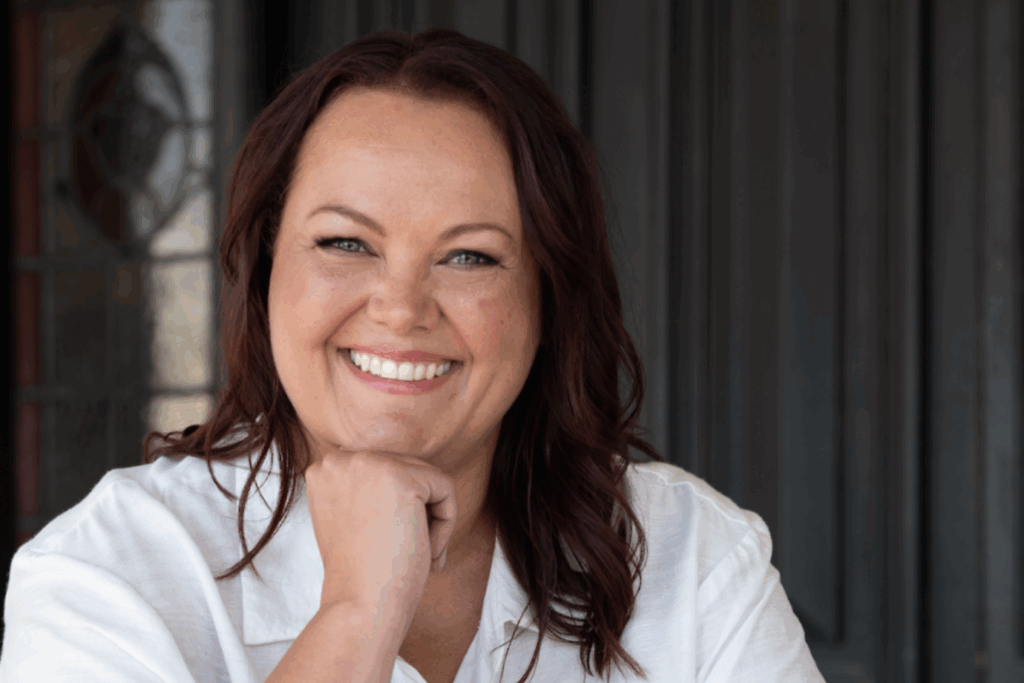It breaks my heart to see the genuine fear, worry and assumptions that followed Health Minister Mark Butler’s announcement on “Thriving Kids” last week. Within hours, headlines screamed “Children being kicked off the NDIS” and social media was flooded with panic.
And yes — the Minister’s language around “mild and moderate autism” was off. It jarred. It diminished the autistic experience in a way that was unnecessary and hurtful.
Words matter, and in this case, the wrong words took over the story.
But while everyone latched onto those few phrases, they largely missed the bigger picture.
Listening closely to the announcement, I didn’t hear a government dismissing autism as a lifelong disability. I didn’t hear a strategy to strip families of support.
What I heard was an attempt to offer more: more clarity, more coordinated early intervention, and more education for parents in those critical under-nine years.
As a parent who’s walked this path, I found myself nodding along. For years, families have had nowhere to go but the NDIS– fighting for funding, navigating systems so complex they only added to their overwhelm. Minister Butler conceded this. The “Thriving Kids” framework, at least in principle, recognises the gap and tries to fill it.
Is it perfect? Unlikely. Is it the whole solution? Not yet. But it’s a starting point.
What we didn’t hear
The media leapt onto the most controversial soundbite and it spread fear like wildfire.
But this isn’t about children being cut loose from support. It’s about trialling a different doorway for families.
We need to be asking better questions: How will these new supports be rolled out? Will the states back them properly? Will families truly get the simpler, evidence-based help they’ve been promised?
Those are the details we should be demanding– not spiralling into panic before we know what’s on the table.
What’s at stake
My 23-year-old son, who has lived with cystic fibrosis, autism, acquired brain injury and depression, reflected on his own early years as we talked about this.
He remembered being pulled out of classrooms, segregated from peers, and made to feel like an outcast by the very therapies that were meant to help him integrate.
His story is a reminder that how we deliver support matters as much as whether it’s funded. Isolation, confusion and mistrust can harm children just as deeply as the wrong terminology.
Parents are right to advocate fiercely for their children. I always have, and I always will. But right now, we need to take a collective breath. Jumping straight to outrage risks shutting down a conversation that could lead to better outcomes.
The Minister’s language missed the mark. But the bigger picture—early intervention, coordinated pathways, and foundational supports—deserves our attention.
This isn’t an “either/or”. It’s an “and”. We can demand better language and welcome a strategy that might finally make the system less punishing for families.
What we can’t afford is letting a click-bait headline send us into a collective spiral. Outrage is easy. Waiting for the details—and holding the government to it—is harder, but infinitely more useful.
Become a Women’s Agenda Foundation member and support our work! We are 100% independent and women-owned. Every day, we cover the news from a women’s perspective, advocating for women’s safety, economic security, health and opportunities. Foundation memberships are currently just $5 a month.
Bonus: you’ll receive our weekly editor’s wrap of the key stories to know every Saturday.


